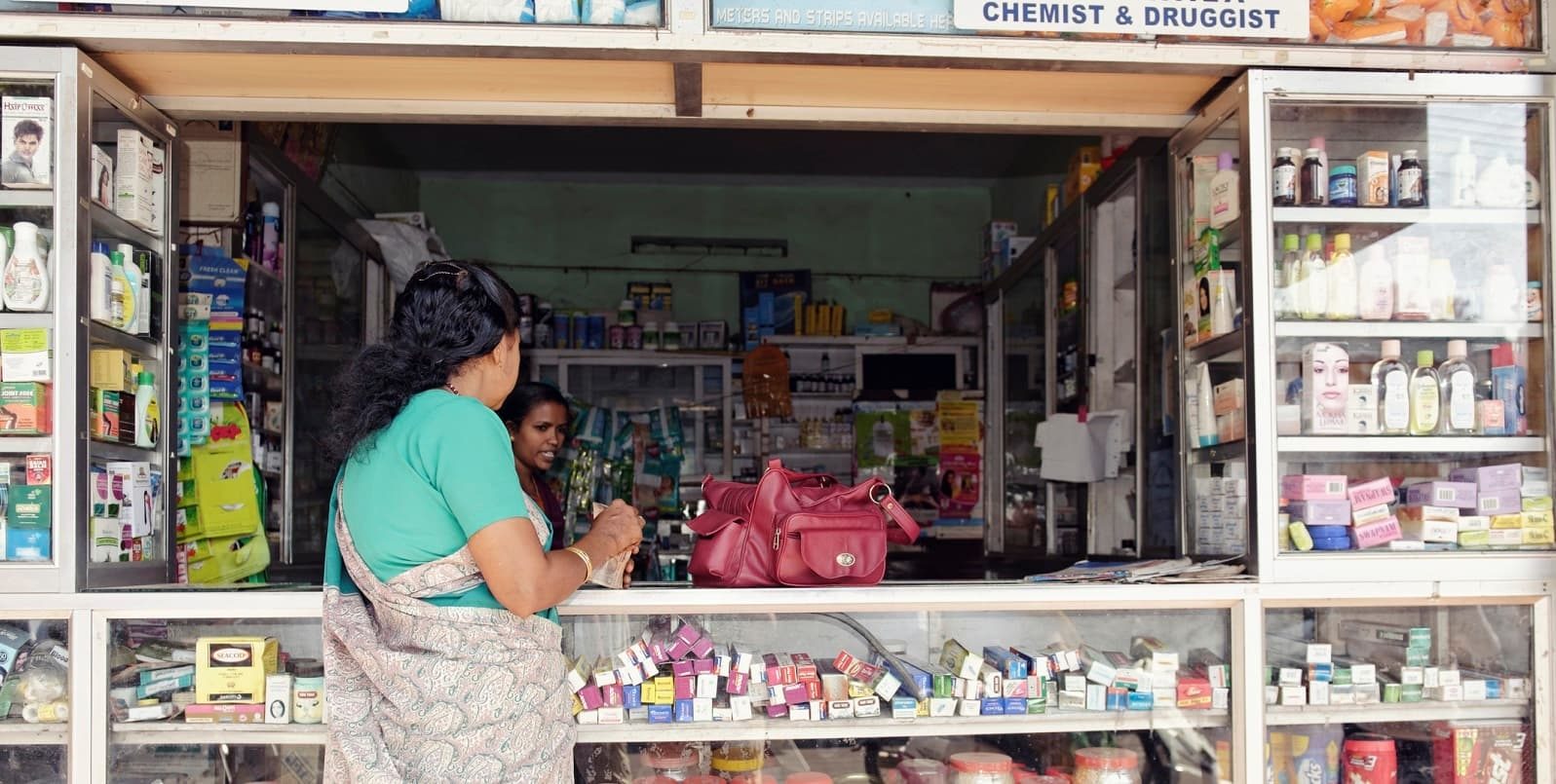
TGI congratulates the Kerala Department of Health and Family Welfare on being awarded by the UN Inter-Agency Task Force on NCDs
The George Institute for Global Health India (TGI) congratulates the Department of Health and Family Welfare, Government of Kerala, India on receiving the 2020 achievement award from the United Nations Inter-Agency Task Force on Non-Communicable Diseases (NCDs). The award recognizes the state for its successful and comprehensive NCD prevention and control program run in cooperation with other key departments.
The state run Amrutham Arogyam programme uses a multipronged approach to prevention and control of NCDs across all levels. While focusing on the reduction of risk factors and increasing health awareness in the population, the state has also offered facilities for the screening and treatment of NCDs in all districts. Integration of the program into the state’s flagship Aardram mission has been another highlight, aiming at improved access at the primary care level.
A 2019 survey carried out in four districts of Kerala by TGI in collaboration with the Department found that as many as 90% of women and 81% of males aged 30 or more had their blood pressure screened in the last year, with comparably high levels (86% and 78% respectively) reporting blood glucose screening. Further, satisfaction with primary health care services in the public sector was higher than in the private sector for both males and females. For more information about this project, visit here. For more on the survey, check out this factsheet.
Treatment outcomes have also been encouraging thus far. Control rates among hypertension patients on treatment more than doubled between 2018 and 2019 under a special collaboration with the World Health Organisation, the National Health Mission and the Vital Strategies Resolve To Save Lives Initiative.
Dr Bipin Gopal, State Nodal officer for Non-Communicable Diseases in the awarded Department, offered this reflection: “The UN recognition is a boost to all of us working towards control and management of NCDs in Kerala. The credit of this award belongs to our dedicated team of field level workers, Medical officers, District and State level administration working under a visionary bureaucratic and political leadership. The recognition is for the diverse activities undertaken by the NCD division in the field of chronic disease management like diabetes and hypertension along with its complications like retinopathy, nephropathy, CVD, COPD, Cancer, Stroke and diabetic foot at all levels of health care. I feel the coordinated efforts of the Directorate of Medical Education, Department of Education, Department of Food Safety, the Police and Local Self-Governments have made us eligible for this recognition. The features of our system which we described were verified by an independent agency and this is a validation for our efforts in past many years.”
We also sought the reaction of Dr Manu MS, State coordinator for the Chronic Obstructive Pulmonary Disorder (COPD) program of the Department, which has recently been given a big push under Aardram reforms. Dr Manu reflected on the progress Kerala has made, including in the context of COVID.
“Our NCD program is comprehensive and in addition to having a dedicated program for control and management of diabetes hypertension we also have integrated programs like COPD, stroke, cancer, CVD and mental illness to all levels of our health system. The structural adjustment in the past few years ensuring provision of essential NCD drugs and costly inhalers free of cost through public hospitals have certainly given the whole program a massive push. While a dedicated COPD clinic is envisioned at a district hospital in other parts of country, we have started COPD screening clinics equipped with spirometer and oxygen concentrators in our Family Health Centres (upgraded primary care centres). The depression screening clinics in FHCs coupled with district mental health program have been very effective especially during past floods and present COVID-19 pandemic situation. The award is recognition to every functionary in entire health system of Kerala”.
Kerala’s model of working pragmatically across programmatic siloes and striving for teamwork serves as an exemplar for other states in India and nations worldwide. Dr Nambiar, Program Head of Health Systems and Equity at TGI, who led the survey and is collaborating on a five-year health policy and systems research study in the state noted the great learning experience it has been working in the state. “I’m not surprised that the Kerala Health Department has received this richly deserved recognition! Our own research has been strongly enriched by partnering with the Department – we have gained critical insights related not just to NCD prevention and control, but the challenges and considerations related to their integration into health systems reform more broadly, monitoring of reform, women’s leadership in the health sector, and more. We are hopeful of continued partnership and mutual learning.”


